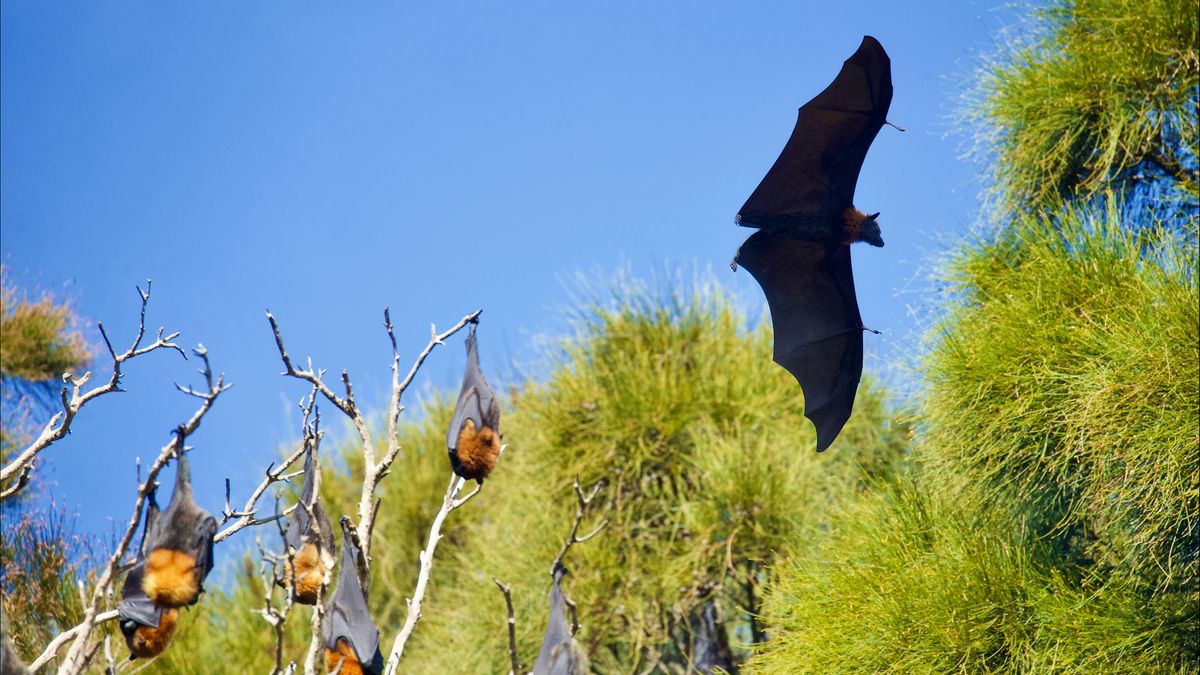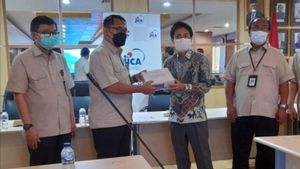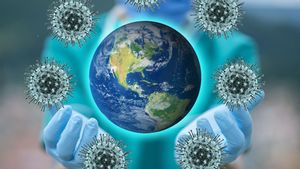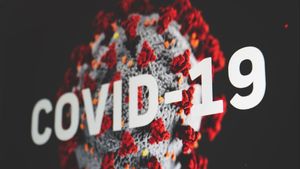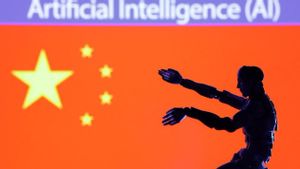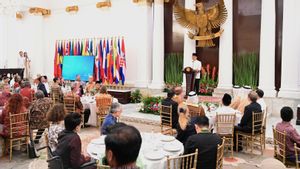JAKARTA - A new SARS-CoV-2-like virus discovered in Russian bats has scientists calling for urgent efforts to develop a common vaccine.
Otherwise, they warn, another pandemic may be triggered again by a deadly animal virus spreading to humans.
The new virus, known as Khosta-2, is enveloped in a spike protein that can infect human cells using the same route of entry.
Researchers from Washington State University in the US said what was more worrying was its apparent resistance to monoclonal and serum antibodies induced in COVID-19 vaccine recipients.
In other words, this new virus cannot be neutralized by current drugs. Even the antibodies developed from the Omicron variant were not effective against bat viruses, despite the fact that both pathogens belong to the same group of acute respiratory coronaviruses, known as sarbecoviruses.
"Critical, our findings highlight the urgent need to continue the development of a new sarbecovirus vaccine that protects a wider range of people," said the researchers, whose research was published in the scientific journal PLOS Pathogens.
VOIR éGALEMENT:
However, when researchers in Russia first discovered Khosta-2 along with another bat virus, Khosta-1 in 2020, none of the pathogens looked particularly dangerous.
Launching the Mirror, Wednesday, September 28, there are many sarbecoviruses circulating in animal populations around the world. Many of them cannot infect humans, but discoveries like Khosta-2 can serve as a warning.
Although it is thought to lack some of the genetic material needed to actually make humans sick, researchers are concerned about its potential to mix with other viruses that could make it more dangerous.
For information, Khosta-2 is found in Russia's Sochi National Park among the smaller horseshoe bat (Rhinolophus hipposideros), a species also found in Europe and North Africa.
It's not yet clear whether the virus that infects bats can spread to humans in the real world, but preliminary findings in the lab suggest it's possible.
The English, Chinese, Japanese, Arabic, and French versions are automatically generated by the AI. So there may still be inaccuracies in translating, please always see Indonesian as our main language. (system supported by DigitalSiber.id)
